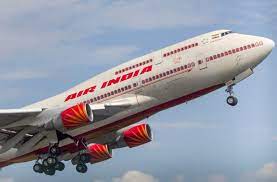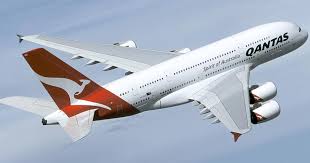As it carves out an ambitious resurgence under the Tata Group conglomerate, Air India is close to placing historic orders for as many as 500 jetliners worth tens of billions of dollars from both Airbus and Boeing, according to industry sources on Sunday.
They claimed, speaking on the condition of anonymity because the massive transaction is still being finalized, that the orders comprise up to 400 narrow-body aircraft and at least 100 wide-body aircraft, including Airbus A350, Boeing 787, and Boeing 777 models.
Such a transaction might surpass $100 billion at list prices, including any options, and rank among the largest in terms of volume placed by a single airline, surpassing an order placed by American Airlines more than ten years ago for 460 Airbus and Boeing aircraft.
The sale, which would be worth tens of billions of dollars even after large anticipated discounts, would end a tumultuous year for an industry whose planes are once again in demand following the epidemic but which is facing increasing industrial and environmental challenges.
Both Boeing and Airbus declined to comment. A call for comment from Air India, which is controlled by the Tata Group, went unanswered right away.
The potential order comes only a few days after Tata announced that Air India and Vistara, a joint venture with Singapore Airlines, would merge to become a larger full-service carrier, strengthening its position in both local and international skies.
Tata now has a fleet of 218 aircraft, making Air India the largest international carrier in the nation and the second-largest domestic carrier behind IndiGo.
Air India, with its maharajah mascot, was previously renowned for its opulently adorned aircraft and first-rate service, but as its financial problems grew in the mid-2000s, so did the airline’s goodwill.
JRD Tata founded Air India in 1932, and it became a national carrier in 1953. After regaining control in January, Tata has been attempting to restore its standing as a premier airline.
The anticipated order represents an intentional attempt to reclaim a significant portion of traffic flows to and from India, which are now controlled by foreign carriers like Emirates.
Additionally, Air India plans to compete with IndiGo for a larger portion of both the local market and regional foreign travel.
The 500 planes will be delivered over a minimum of ten years and would help Prime Minister Narendra Modi achieve his aim of growing the economy to $5 trillion while replacing and expanding fleets in the aviation industry, which is now growing at the fastest rate in the world.
However, experts caution that a number of obstacles, including weak domestic infrastructure, a lack of pilots, and the danger of fierce competition from established Gulf and other airlines, stand in the way of Air India’s aim to regain a significant worldwide position.


















